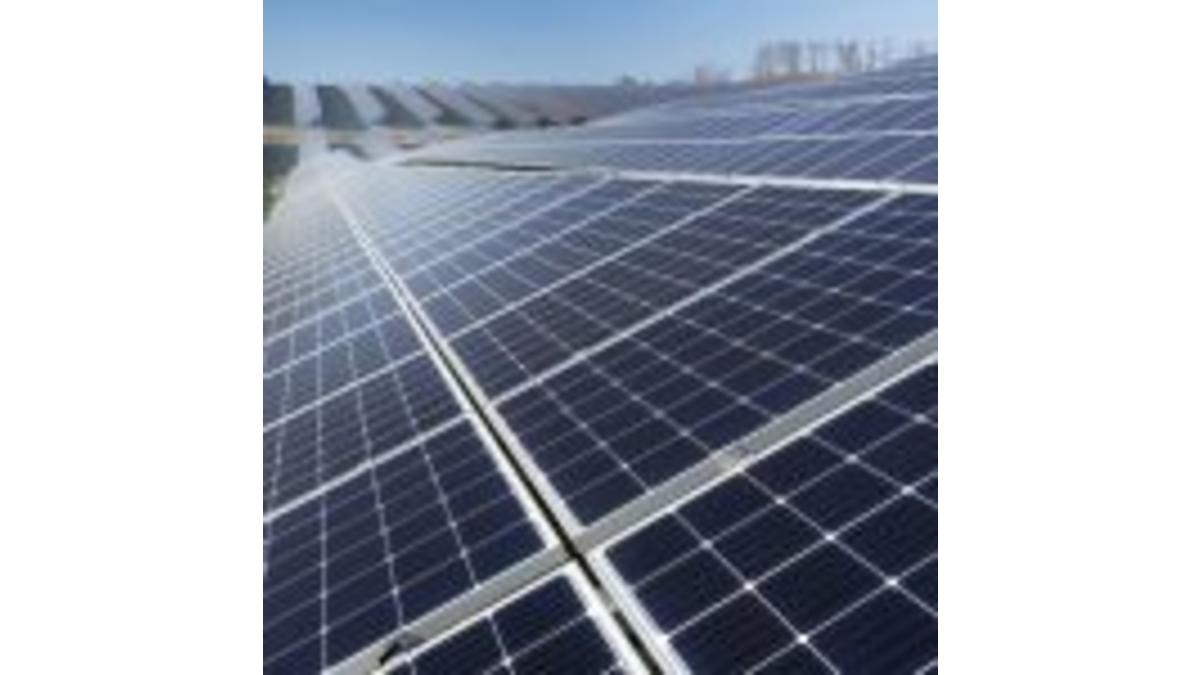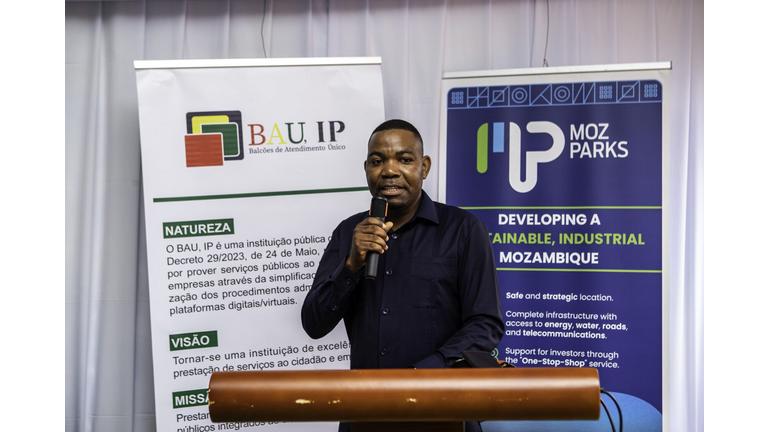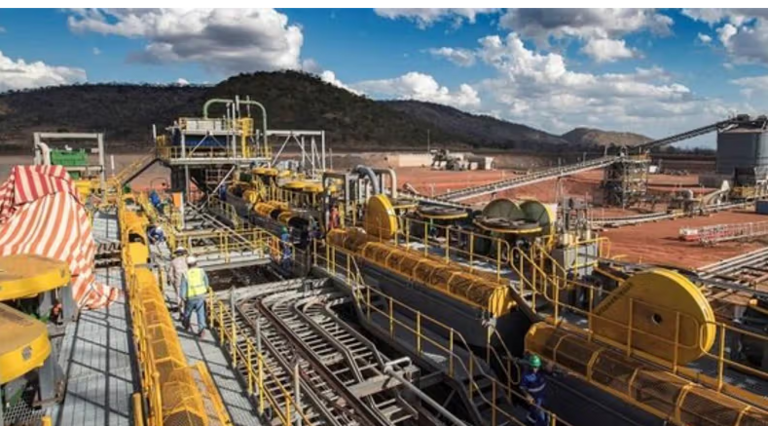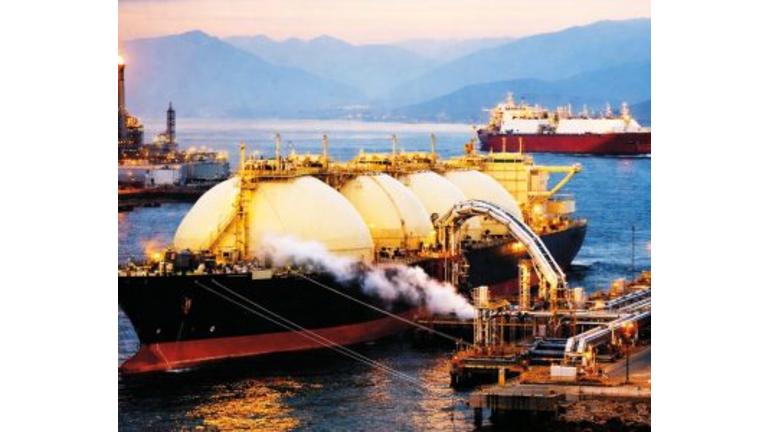Communication - Presse
MIREME Says Mozambique Has Added Responsibility in Energy Transition

Mozambique’s Minister of Mineral Resources and Energy said that the country has added responsibilities in boosting the energy transition, as it starts this year to produce liquefied natural gas in the Rovuma basin, in Cabo Delgado.
“This year should be marked, among other events, by the beginning, for the first time in Mozambique, of the production and export of liquefied natural gas, through the Coral Sul FLNG Project, as well as the closing of the sixth tender for new areas of hydrocarbon research, which adds a greater sense of responsibility and necessary reflection on the much desired energy transition,” said Carlos Zacarias.
The minister was speaking during the opening of the seventh coordinating council of the Ministry of Mineral Resources and Energy (MIREME), which is being held in Gaza province, southern Mozambique.
Thanks to its immense potential in natural gas, according to Zacarias, Mozambique is positioned as a major player in the reduction of polluting fuels and increasing adoption of clean sources.
In addition to contributing to the energy transition, the country wants its natural resources to be used also for social and economic development, he added.
“In what concerns hydrocarbons, these are seen as an indispensable vector for the future of the Country. It is, therefore, in this diapason that, at the end of these two days of reflection [of the coordinating council], we should have a more refined strategic vision,” emphasized Carlos Zacarias.
Another challenge facing the mineral resources and energy sector is the organization of artisanal mining, aiming to place this asset at the service of social and economic development in the face of garimpo and smuggling, he highlighted. In this sense, he argued, the artisanal mining operators should organize themselves into cooperatives in order to facilitate the control of the activity.
Zacarias said that, in the field of energy, Mozambique is committed to “ensuring universal access [to energy] for all by 2030, through the electrification of administrative posts throughout the country, using the national electricity grid and isolated systems.
This goal, he continued, will also be achieved by increasing electricity production capacity and developing new transmission and distribution projects.


